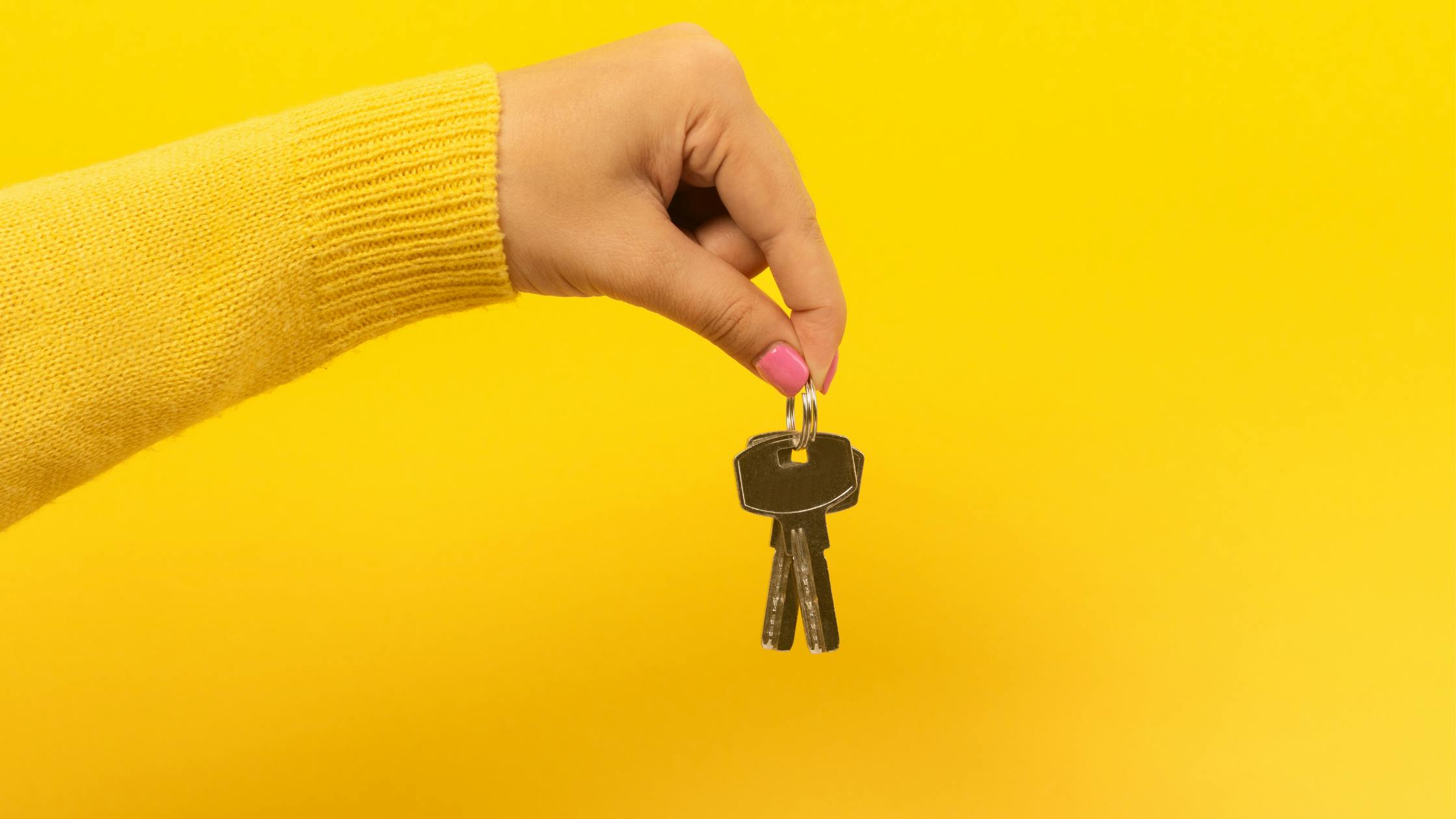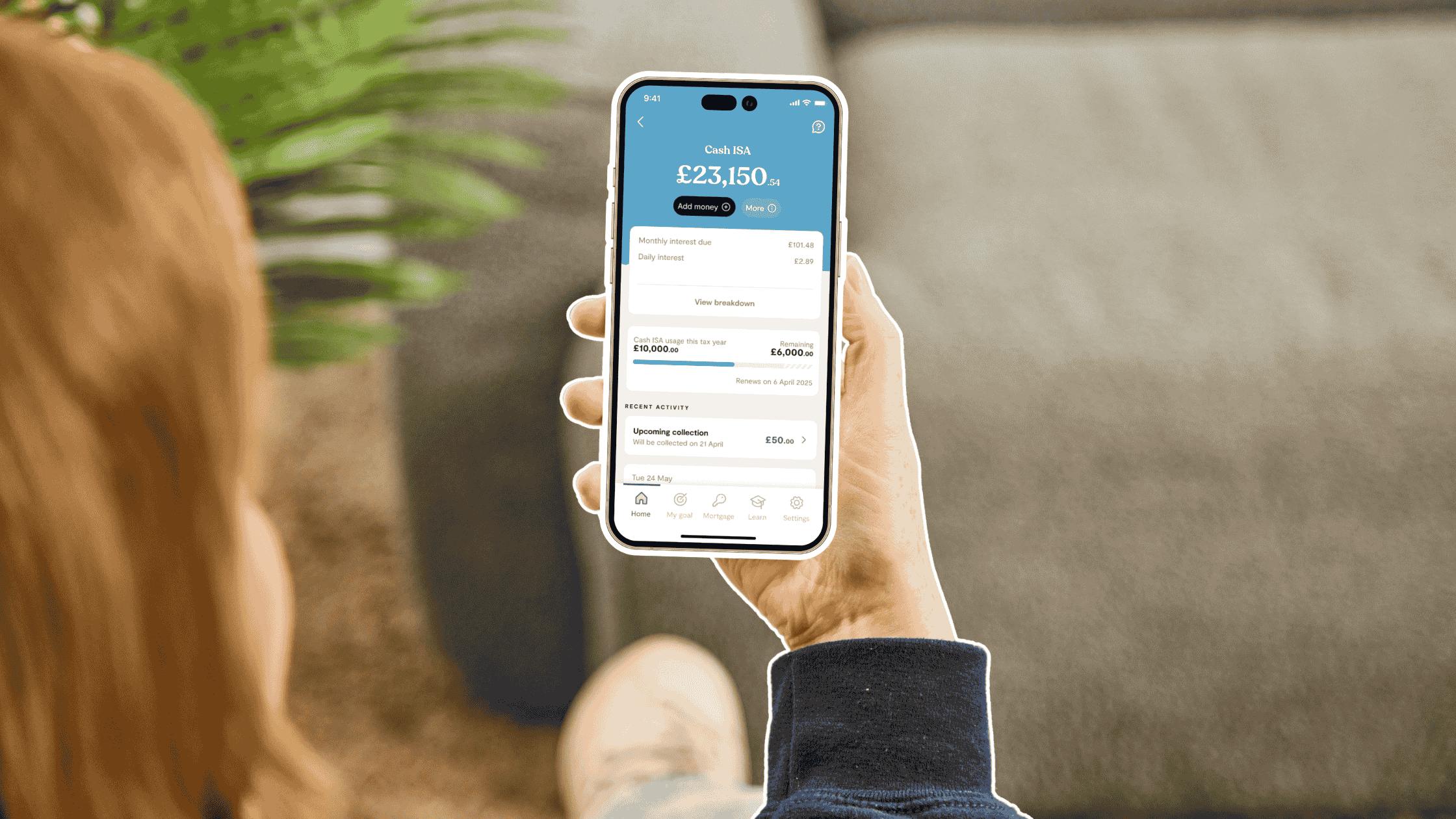5 things you may regret not doing in your 20s (finance edition)
 Shahi Sattar
Shahi SattarWhen you’re old and wrinkly and looking back on life, you’re unlikely to regret going on holidays or spending a little too much on takeaways. You might however, regret not saving for the future or avoiding complicated money conversations.
That’s because when it comes to deathbed regrets, we’re much more likely to regret the things we didn’t do, rather than the things we did, according to Daniel Pink, author of The Power of Regret.
Of course, everyone is different and some people have no regrets at all (not even a dodgy tattoo), but here are the money mistakes that could keep you awake at night in future, and how to turn things around.
Save smarter, not harder
Explore Tembo’s range of competitive savings accounts, designed to help you reach your life goals - from buying your first home to getting hitched - faster.
1. Not saving for the future
In your 20s, saving can often feel impossible. After rent, bills, the odd dinner out, and your daily commute, there’s often not much left. But even small amounts can make a big difference over time. Saving £25 or £50 a month helps you build good habits, create a buffer for emergencies, and grow your money over time. Especially if it’s sitting in a high-interest savings account or Cash ISA.
If you’ve already hit your 30s and you don’t have much saved, you’re not alone. Those aged 18-34 have on average, less than £3,800 in savings - and it’s never too late to start!
You might like: Why you keep overspending, according to science.
2. Not learning how credit scores work
In your 20s, your credit score might not seem important - especially if you’ve never had a credit card or loan. But when it comes to buying a home, your credit report plays a big role in what lenders will offer you. A lower score could limit your options or cost you more overall if you are offered higher interest rates as a result. The tricky part? It takes time to build a good credit history.
Our tip? Start small. Register to vote, pay bills on time, and consider using a credit card responsibly. Even if you’re already in your 30s, it’s not too late to make improvements that could help you build your credit score over time.
3. Not tracking spending or budgeting at all
In your 20s, money often disappears faster than you expect. A few contactless taps, a forgotten subscription, and suddenly your bank balance is lower than you thought. If you’re not tracking what comes in and what goes out, it’s easy to lose track. Start by reviewing your last month of spending. Look through your statements and categorise everything - rent, bills, food, transport, subscriptions, and extras. You can use a spreadsheet, app, or even banking tools that group your spending automatically.
Once you’ve got a handle of where your money is going, you could aim to reduce your spending in certain areas. Set yourself targets or following a simple budgeting method like the 50/30/20 rule:
- 50% of your income on needs
- 30% on wants
- 20% on savings or debt repayments
4. Not understanding how much you can actually borrow for a mortgage
There’s no denying that getting onto the property ladder is tough (it’s actually why Tembo was founded!). But over the long run, the benefits of owning your home can make the years of saving worth it. In comparison to renting, paying a mortgage rather than renting could leave you £350,000 better off over the next 30 years. And that’s just the financial side. Being a homeowner can give you a greater sense of security and wellbeing. According to one survey, 91% of homeowners feel their home contributes to a positive sense of well-being vs 79% of renters.
But if you don’t know how much you can actually borrow, you might assume you’ll never be able to get on the ladder. Most lenders will offer mortgages of around 4.5 times the borrower’s income, but this can vary depending on your job, credit history, deposit size and other factors.
If a 4.5x income mortgage + your deposit isn’t quite enough for a home in your area, there’s no need to abandon your homeownership dreams just yet! You might be able to borrow more than this, especially if you work with a mortgage broker who specialises in budget-boosting schemes (like us). We’ll compare your eligibility from a wide range of lenders and innovative schemes to see how you could boost your borrowing power and make home happen.
The sooner you check your borrowing power, the sooner you’ll know what’s possible. To find out how much you could borrow without applying, complete your details online with Tembo
5. Not opening a Lifetime ISA early enough
If you’re saving for your first home, you can boost your deposit by 25% with the help of a Lifetime ISA. You can open one anytime between the ages of 18 and 39, but the sooner you start, the more free money you could get towards your first house or retirement. That’s because a Lifetime ISA lets you save up to £4,000 each tax year and the government will give you a 25% bonus - up to £1,000 a year.
Even small, regular contributions benefit from the 25% bonus, so you don’t have to max it out to benefit. Just opening a LISA and saving what you can could bring you closer to buying your first home. And if plans change, you can keep the money for retirement instead.
Save faster with the market-leading Cash Lifetime ISA
Earn 4.3% AER (variable) interest on your savings, plus a 25% government bonus of up to £1,000 per tax year to boost your first home deposit.
Tax treatment depends on individual circumstances and may be subject to change in the future. Withdrawals from a Lifetime ISA for any purpose other than buying a first home (up to a value of £450,000) or for retirement (60+) incur a 25% government penalty, meaning you may get back less than you paid in.







